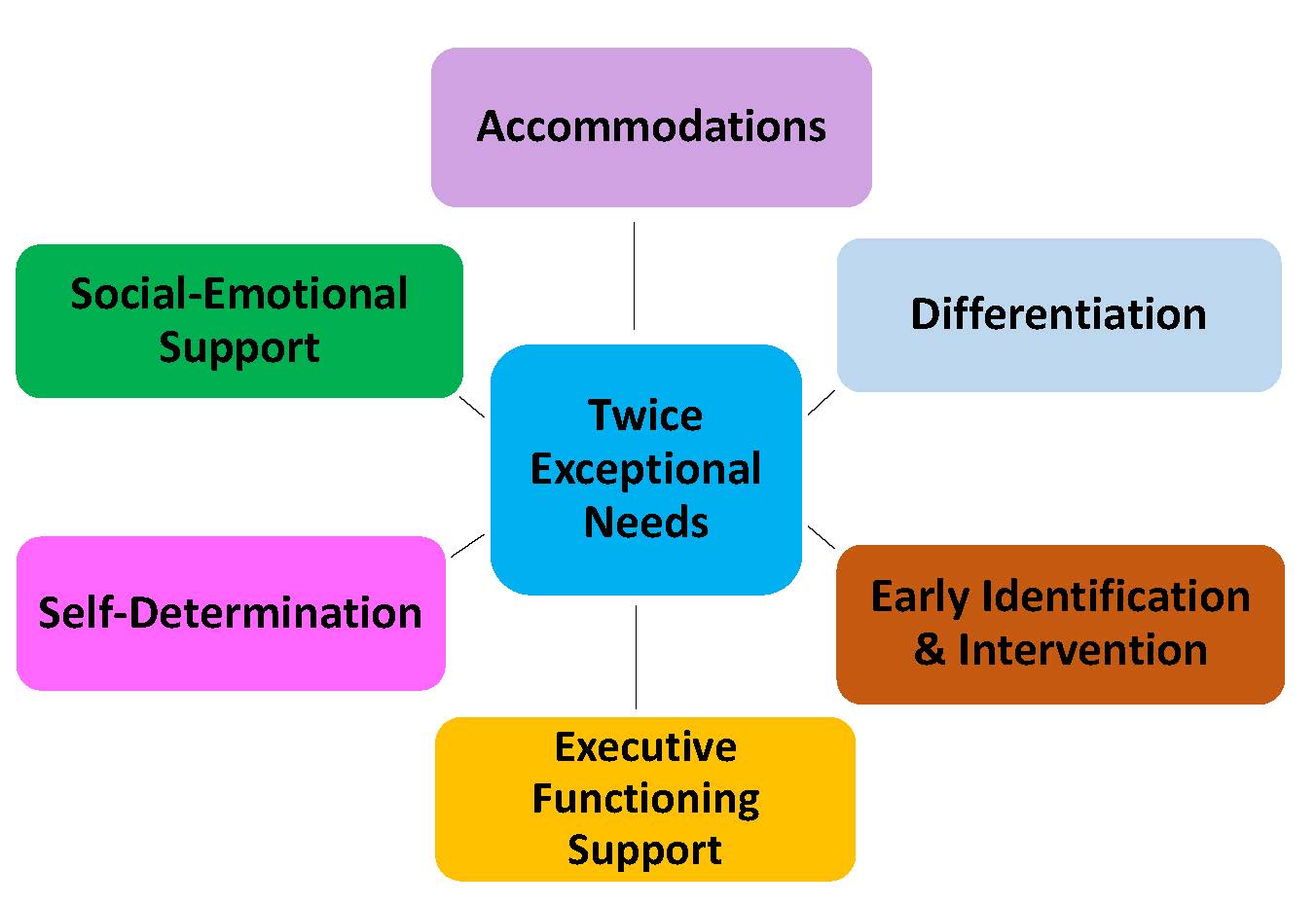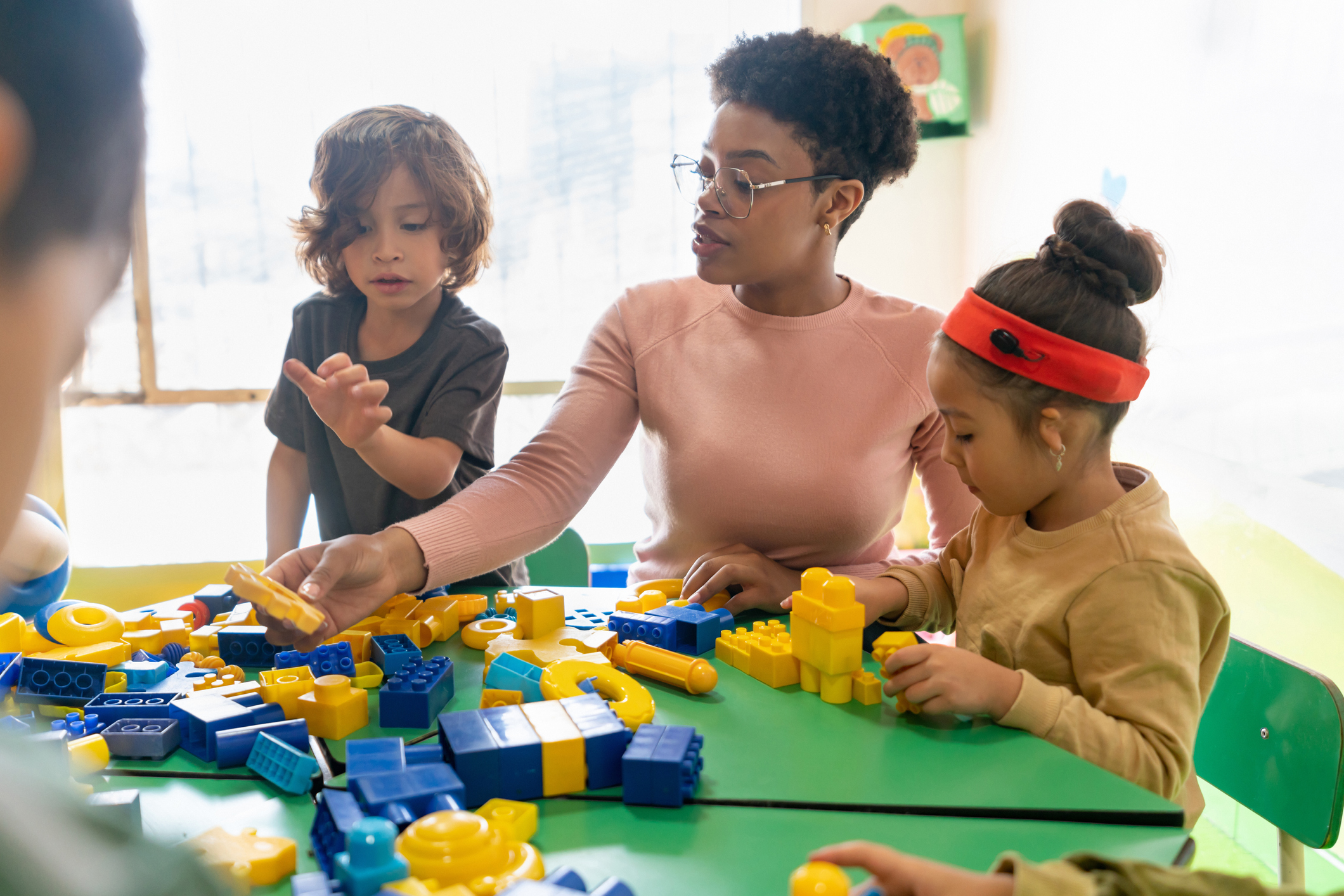Virginia Department of Education
VDOE has a few resources to support parents and teachers in identifying and serving 2e learners.
Twice – Exceptional Newsletter?
Bi-monthly newsletter that addresses different areas of learning challenges for students who are gifted and who have a learning disability.Helpful articles, strategies, resources, research and recommended books are shared for teachers and parents.
National Association for the Gifted (NAGC)
NAGC is the national organization for gifted education.? This site shares research, common myths, resources, hot topics and has a frequently asked questions to support administrators, teachers and parents.
Uniquely Gifted
This site offers resources designed to support teachers and parents of gifted children with learning challenges.? This resource includes articles, recommended books and information on specific areas of struggle.
LD Online
Many articles, recommendations and strategies for twice exceptional children.
 Twice-exceptional students, also known as 2e, exhibit significant characteristics of both advanced academic abilities and learning disabilities.
Twice-exceptional students, also known as 2e, exhibit significant characteristics of both advanced academic abilities and learning disabilities. Contact
Contact  Calendars
Calendars Careers
Careers Engage
Engage 
 District
District
